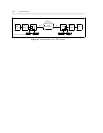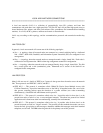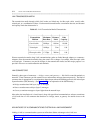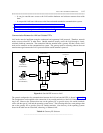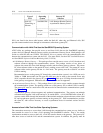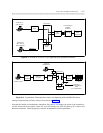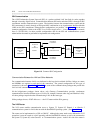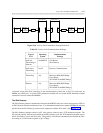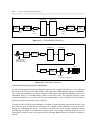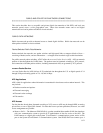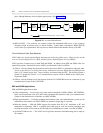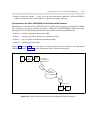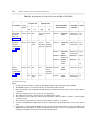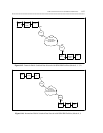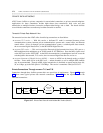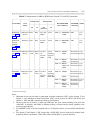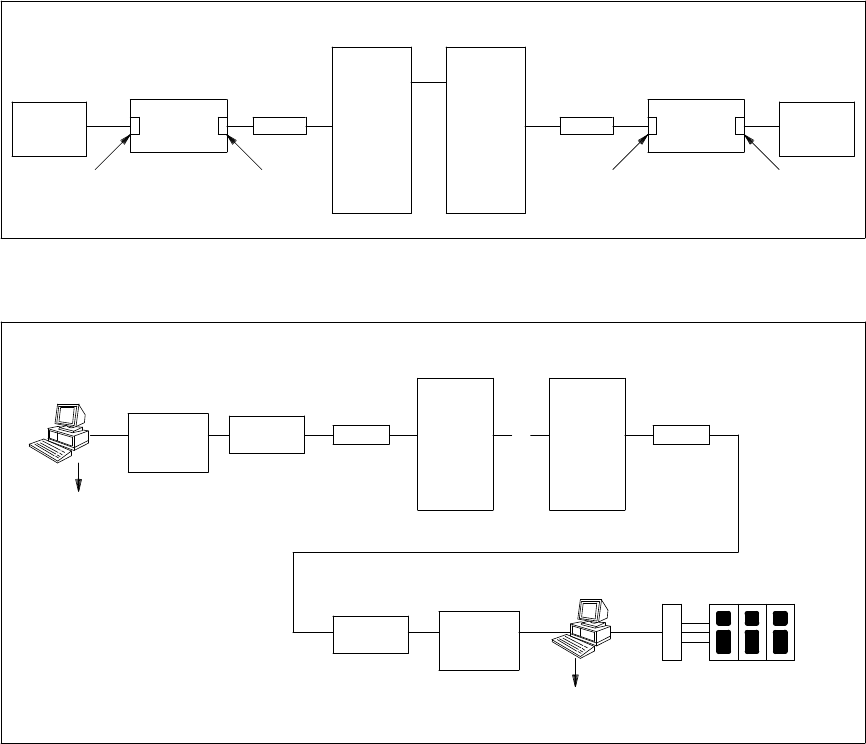
8-20 LOCAL AREA NETWORK CONNECTIONS
_ ___________________________________________________________________________________________________________________________
_ ___________________________________________________________________________________________________________________________
_ ___________________________________________________________________________________________________________________________
T-1
S75/85/G1/G2 S75/85/G1/G2
MPDM
MPDM
NAU NAU
X.25
CARD
X.25
CARD
3B2 OR 6386
X.25
ROUTER
3B2 OR 6386
X.25
ROUTER
LAN
WITH
StarGROUP
LAN
WITH
StarGROUP
Figure 8-11. X.25/StarGROUP Connectivity
X.25
ROUTER
3270 EMULATION
PROGRAM FOR
END USER ACCESS
PCS CARD
PC GATEWAY SOFTWARE
LAN
WITH
StarGROUP
LAN
WITH
StarGROUP
F
E
P
HOST
MPDM MPDM
S75/85/G1/G2 S75/85/G1/G2
T-1
. . . .
X.25
ROUTER
Figure 8-12. LAN/SNA Connectivity
The Communication System as a LAN Backup
In work environments that are totally dependent upon real-time computer interaction, it is very important
that access to the LAN server be highly reliable. One of the most simple reliability schemes is redundancy.
For a LAN, total redundancy may be too expensive. Offering the same required redundancy, however, is
independent access to a communications system for each LAN node. This approach provides a more
economical alternative to a second LAN since the communications system is necessary to basic business
operations and runs concurrently at most LAN sites.
To equip the LAN for this type of redundancy, in addition to each node being connected to the LAN, each
node must also have its own RS-232 connection with a modem or data module for access to the server
through the communications system. In addition, each node must have terminal emulation software
available that will enable it to communicate with the server. For example, communication with a server
from 6386 PC StarLAN nodes may require that LAN Manager Remote Gateway software be available at
each PC.



